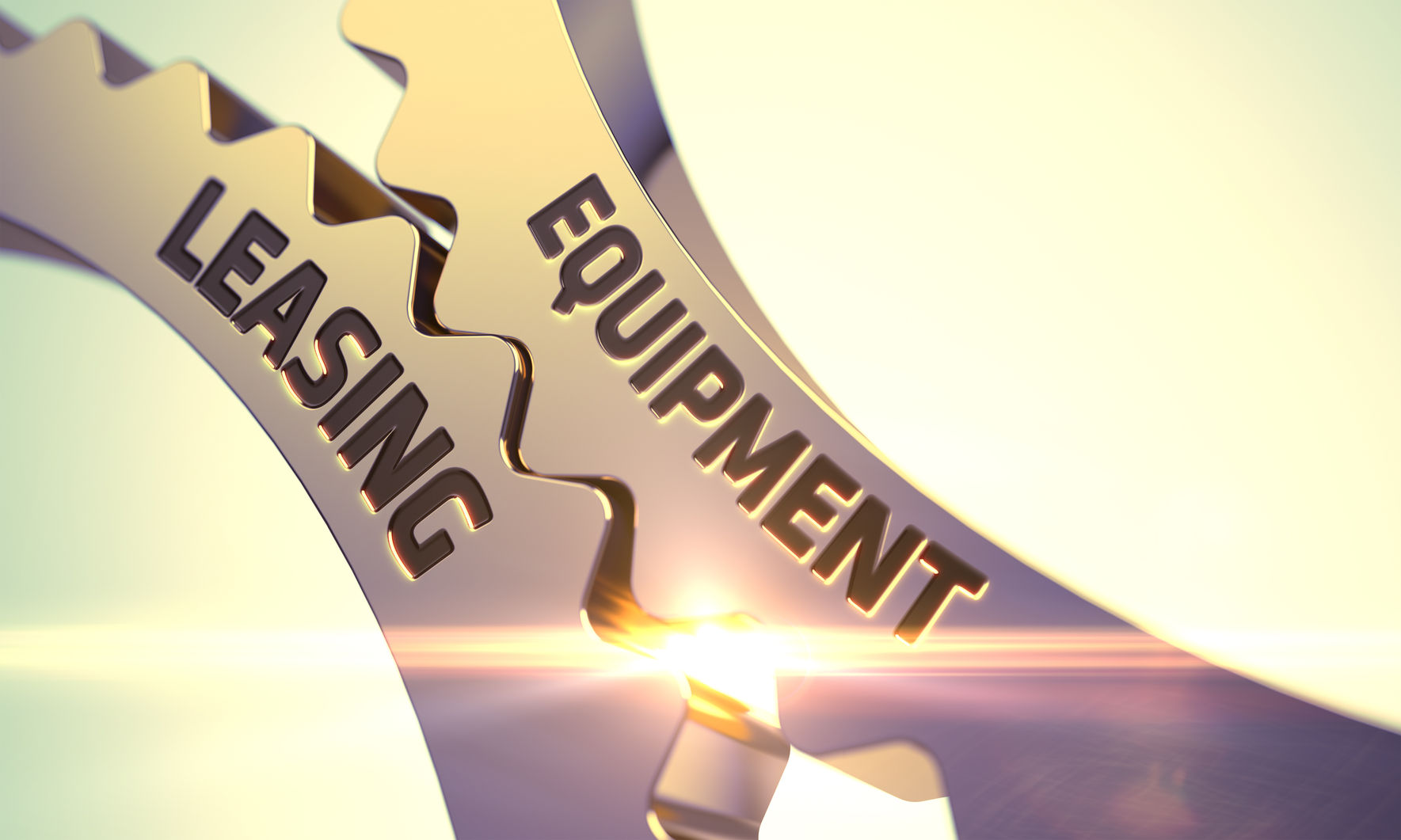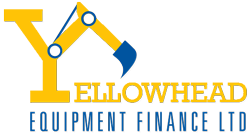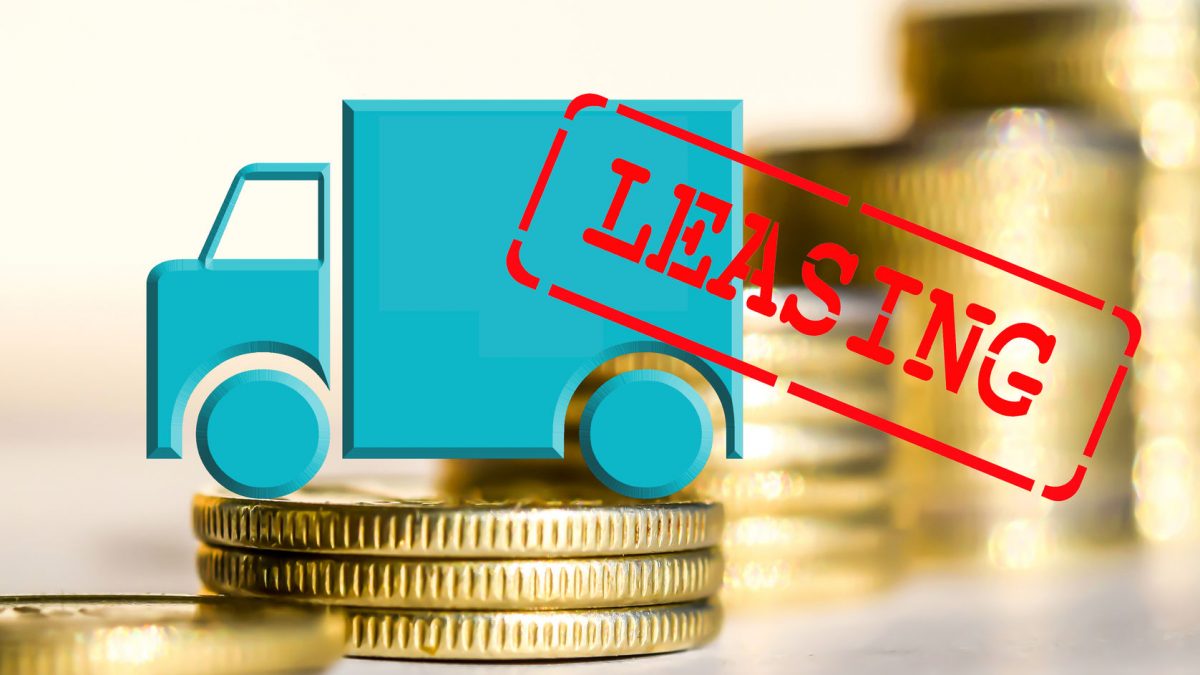
5 Signs Leasing Would Help Your Business
September 18, 2019
When Looking for Office Equipment Leasing options, Consider These Factors
November 20, 2019Equipment leasing doesn’t have an extensive learning curve, however there are still terms you need to know before jumping into it. Sometimes understanding what these particular words mean can help you in ensuring that you are entering a good deal. Below there are 10 leasing terms that you need to be aware of and what they mean.
Capital Lease
There are two types of leases: Operating leases and capital leases. Capital leases in short are similar to a loan of equipment. The business that is “leasing” the equipment is more or less treated like they are the owner of the equipment. This lease fits owners who intend to keep the equipment after the lease is up.
But there are also some distinct features to these leases you need to be aware of. A Capital lease can be identified if it has one of these characteristics:
- The terms of the lease is equal to or more than 75% of the estimated useful life of the equipment.
- The title of ownership of the equipment is automatically transferred to the lessee (or borrower) at the end of the term.
- The title of the equipment can be obtained for a discounted or bargain option once the lease is up.
- Or the present value of the lease payments equal the estimated fair market value of the equipment at lease inception.
Operating Lease
The second type of lease is an operating lease. As the name suggestions, you are leasing it only to the extent that you need the equipment for. You’ll be paying monthly payments, however you don’t own the equipment. Therefore you don’t need to record the book value for accounting purposes.
Once the lease is over, the leasing company may give you the option to purchase the equipment. However should you do that, you’ll need to pay the full fair market price in order to do that.
Hell or High Water Clause
In equipment lease agreements there can be various clauses in there and its key to pay attention to them and be aware of what they mean. For this clause in particular it generally outlines that the lessee or borrower of the equipment to honour all conditions of the agreement. The agreement must be honoured regardless of any fact, including vendor performance and the performance of the equipment.
Amortization
Accounting process that gradually reduces capital expenses in periodic payments over a length of time. In this instance it refers to the lease payments you are making and breaks them into two components. One portion going to the principal amount and the other going to the interest on what’s owed.
Basis Point
A finance unit of measurement. A basis point is equal to 1/100th of a percent. An example of this is say there is a basis point of 125. That’s 1.25%. What’s the purpose of this? It commonly refers to the change of interest and therefore change the value or rate of a piece of equipment.
Coterminous
A Coterminous Addendum appears in the event that you are leasing two or more pieces of equipment from the same company. What this addendum does is that it outlines that these lease agreements are all linked and will terminate all at the same time. Furthermore the payments will be shifted to reflect any addition that you’ve made to the agreement.
Dollar Buyout
Can be referred to as $1 Purchase Option or $1 out, this term is exactly what it says. Once the lease of the equipment is over, you have the option to buy the equipment for $1. This feature is mainly seen in capital leases.
Early Purchase Option (EPO)
Another straightforward term, Early Purchase Option or EPO is an another lease option where you can buyout the equipment at an earlier point in the lease. The buyout price will be set at a specific point, along with when you can take advantage of the EPO. But do keep in mind that the amount you pay is considered a purchase and you will have to place the equipment on your books and in your tax return at that point.
Floating Rental Rate
It’s an interest rate that is subject to any kind of adjustments to the interest rate during the term of the equipment lease. Whenever the prime interest rate or another rate changes that impacts the lease, the rental rate will change to reflect that shift.
Guarantor
A third party in the form of a business or an individual that promises to follow the obligations of the lessee in the event that the lessee fails to do something. This applies to following the obligations in the agreement and even making payments on the lessee’s behalf.





